In recent months, traditional education systems have had to restructure and reorganize themselves in the wake of the COVID-19 global pandemic. Because of these changes, children, college and graduate students, and teachers were pulled out of the historic classroom setting and tasked with learning and teaching from home with online tools. Because of pandemic restrictions, people are also missing out on educational opportunities outside of the classroom, whether class field trips, summer camps, or family trips. Because many of us are spending much more time cooped up inside and all of our learning is coming from a two-dimensional screen, I think it is more important than ever to focus on experiential learning opportunities, so that this critical component of education is not lost. With the future unknowns of the pandemic’s trajectory, many may find themselves again removed from a traditional classroom setting this fall. I hope that this piece, and the accompanying resources, can help everyone find non-traditional ways to ease the educational burden during this stressful time.
In recent months, traditional education systems have had to restructure and reorganize themselves in the wake of the COVID-19 global pandemic. Because of these changes, children, college and graduate students, and teachers were pulled out of the historic classroom setting and tasked with learning and teaching from home with online tools. Because of pandemic restrictions, people are also missing out on educational opportunities outside of the classroom, whether class field trips, summer camps, or family trips. Because many of us are spending much more time cooped up inside and all of our learning is coming from a two-dimensional screen, I think it is more important than ever to focus on experiential learning opportunities, so that this critical component of education is not lost. With the future unknowns of the pandemic’s trajectory, many may find themselves again removed from a traditional classroom setting this fall. I hope that this piece, and the accompanying resources, can help everyone find non-traditional ways to ease the educational burden during this stressful time.
Leading an education and outreach program during a nest excavation for critically endangered hawksbill sea turtles in the Caribbean. Programs like this aim to educate the public on the biological and ecological importance and need for conservation among sea turtle populations.
Erin leading an education and outreach program during a nest excavation for critically endangered hawksbill sea turtles in the Caribbean. Programs like this aim to educate the public on the biological and ecological importance and need for conservation among sea turtle populations.
Now, some of you may be asking “what is hands-on or experiential learning”? Well, I’m talking about those experiences which you can’t get in a school building. For example, if you are looking to learn about organic farming, then take a tour at a local organic farm and volunteer with some phase of the process. Looking to learn more about coastal grasses? Take a grass guidebook and go looking for local species in the great outdoors. Although COVID-19 has drastically changed many lifestyles, it also provides a unique opportunity to track down local hands-on learning opportunities and incorporate them into an everyday curriculum. Meaningful alternatives to structured hands-on and experiential education could be as easy as going for a walk outside and trying to identify the wildlife that you see, or the issues like trash and pollution that you see within your community. Educational research has found that students in activity-based programs performed 20% higher than those students using traditional educational approaches. The greatest gains from hands-on learning have been found in student’s creativity, attitude, perception, and logic (Bredderman, 1982). Because of this, President Barack Obama created National Summer Learning Day to “provide students with hours of focused time for hands-on learning and creative projects.” National Summer Learning Day now has its own dedicated week, and it starts today! Searching out some hands-on and socially distanced learning opportunities may be exactly what we all need to supplement our current internet based COVID-19 summer curriculum!
Now, some of you may be asking “what is hands-on or experiential learning”? Well, I’m talking about those experiences which you can’t get in a school building. For example, if you are looking to learn about organic farming, then take a tour at a local organic farm and volunteer with some phase of the process. Looking to learn more about coastal grasses? Take a grass guidebook and go looking for local species in the great outdoors. Although COVID-19 has drastically changed many lifestyles, it also provides a unique opportunity to track down local hands-on learning opportunities and incorporate them into an everyday curriculum. Meaningful alternatives to structured hands-on and experiential education could be as easy as going for a walk outside and trying to identify the wildlife that you see, or the issues like trash and pollution that you see within your community. Educational research has found that students in activity-based programs performed 20% higher than those students using traditional educational approaches. The greatest gains from hands-on learning have been found in student’s creativity, attitude, perception, and logic (Bredderman, 1982). Because of this, President Barack Obama created National Summer Learning Day to “provide students with hours of focused time for hands-on learning and creative projects.” National Summer Learning Day now has its own dedicated week, and it starts today! Searching out some hands-on and socially distanced learning opportunities may be exactly what we all need to supplement our current internet based COVID-19 summer curriculum!
Doing a beach clean-up is a fun and easy way to immerse yourself in the environment and do some hands-on learning!
So, what’s the difference between a kid who learns mostly in a classroom and one who has a chance to experience the world in a hands-on way? From my personal experience, having a chance to get hands-on with whatever your passion may be is sure to pique interest, curiosity, and passion. And by falling in love with these experiences, we are all a little bit more likely to stand up and protect what we love. Whether that’s a unique environment, a specific species, a lost art, or a cultural experience, protecting what you love is important. Developing passion and curiosity at a young age is likely to foster lifelong engagement, curiosity, and learning. From an environmental perspective, instilling these feelings can lead people to protect the natural resources that they love through political advocacy, changes in their personal and family habits, and inspiring other to do the same. For me, hands-on learning was important in developing the skills I value today as an adult such as time-management, working as a member of a team, and communicating with others. Participation in the natural world can be beneficial to both the human psyche and the ecosystem. I hope you feel inspired to find creative ways to have new experiences with the Earth around you.
So, what’s the difference between a kid who learns mostly in a classroom and one who has a chance to experience the world in a hands-on way? From my personal experience, having a chance to get hands-on with whatever your passion may be is sure to pique interest, curiosity, and passion. And by falling in love with these experiences, we are all a little bit more likely to stand up and protect what we love. Whether that’s a unique environment, a specific species, a lost art, or a cultural experience, protecting what you love is important. Developing passion and curiosity at a young age is likely to foster lifelong engagement, curiosity, and learning. From an environmental perspective, instilling these feelings can lead people to protect the natural resources that they love through political advocacy, changes in their personal and family habits, and inspiring other to do the same. For me, hands-on learning was important in developing the skills I value today as an adult such as time-management, working as a member of a team, and communicating with others. Participation in the natural world can be beneficial to both the human psyche and the ecosystem. I hope you feel inspired to find creative ways to have new experiences with the Earth around you.
Finishing up a research dive in Bonaire is always rewarding when you have a beautiful thicket of endangered coral to see on your way to the surface.
A wide variety of the personal and professional skills that are most important in my life, have been developed through hands-on marine science field work. I have wanted to pursue marine science ever since I was a little kid, and I would guess that most kids, or adults, have at some point dreamt of being a marine biologist too. Dreams of swimming with sea turtles, whale sharks, and among vibrant coral reefs fueled my hunt for hands-on marine learning opportunities. The 2016 US Census found that roughly 30 percent of the US population lived in a county adjacent to the ocean. Despite this, I would guess most people never get to experience marine environments in a hands-on and exciting way. This ability to experience the environment firsthand (among other blessing I have had in my life), is what turned my childhood dream of becoming a marine biologist, into a modern-day reality.
A wide variety of the personal and professional skills that are most important in my life, have been developed through hands-on marine science field work. I have wanted to pursue marine science ever since I was a little kid, and I would guess that most kids, or adults, have at some point dreamt of being a marine biologist too. Dreams of swimming with sea turtles, whale sharks, and among vibrant coral reefs fueled my hunt for hands-on marine learning opportunities. The 2016 US Census found that roughly 30 percent of the US population lived in a county adjacent to the ocean. Despite this, I would guess most people never get to experience marine environments in a hands-on and exciting way. This ability to experience the environment firsthand (among other blessing I have had in my life), is what turned my childhood dream of becoming a marine biologist, into a modern-day reality.
This critically endangered hawksbill sea turtle was seen hanging out under a fishing pier in St. Croix, US Virgin Islands. The turtle in this photo is tagged with an earring like tag on her front left flipper to help researchers identify her.
This critically endangered hawksbill sea turtle was seen hanging out under a fishing pier in St. Croix, US Virgin Islands. The turtle in this photo is tagged with an earring like tag on her front left flipper to help researchers identify her.
Although I have focused my education and career on tropical marine ecology, I did not grow up with these ecosystems in my backyard. Being from rural central Maryland, the closest marine ecosystems were the Chesapeake Bay and the Atlantic beaches of Maryland and Delaware. I spent many summers going to the beach in Delaware, and visiting family in Cape Cod, Massachusetts. The experiences of building sandcastles, jumping waves, and romping through tide pools, are likely ones that I share with a lot of people in the U.S. These opportunities exposed me to the ocean and piqued my curiosity about what laid beyond the tide line; however, it took “learning by doing” opportunities to foster that curiosity and cultivate it into something I would continue to want to pursue into adulthood. One hands-on learning opportunity that was available to me and is available to many people living near the coast, is visiting nature centers and coastal National Parks. These places provide free and low-cost educational programing for kids, teens, and adults, and was one of the first times I got to get my feet, quite literally, wet.
Although I have focused my education and career on tropical marine ecology, I did not grow up with these ecosystems in my backyard. Being from rural central Maryland, the closest marine ecosystems were the Chesapeake Bay and the Atlantic beaches of Maryland and Delaware. I spent many summers going to the beach in Delaware, and visiting family in Cape Cod, Massachusetts. The experiences of building sandcastles, jumping waves, and romping through tide pools, are likely ones that I share with a lot of people in the U.S. These opportunities exposed me to the ocean and piqued my curiosity about what laid beyond the tide line; however, it took “learning by doing” opportunities to foster that curiosity and cultivate it into something I would continue to want to pursue into adulthood. One hands-on learning opportunity that was available to me and is available to many people living near the coast, is visiting nature centers and coastal National Parks. These places provide free and low-cost educational programing for kids, teens, and adults, and was one of the first times I got to get my feet, quite literally, wet.
Taking weight and diameter measurements on a clutch of sea turtle eggs during the relocation of a nest that was at risk of inundation. All research and handling was done under pre-approved permits.
In middle school, “Outdoor school” and a marine education camp on the Chesapeake Bay provided me with my first real opportunity for hands-on marine science learning in a formal way. In high school, I took a class at my public school called ‘Science Research’. Each day I stormed into that classroom; an old shop room that had originally been used to teach automotive repair classes, ready to care for and maintain aquarium systems that housed a variety of local fish. I even got to design and implement my own research study, where I tried to quantify the ability of Chesapeake Bay grasses to uptake nutrients from land-based sources of pollution. To this day I am grateful for the opportunities that my parents, my teachers, and my public-school system provided to me, encouraged me to pursue, and challenged me with. Without the ability to get my feet wet at a young age, I wouldn’t be spending my career immersed in and surrounded by the water. I would also like to note, that these experiences were critical, but potentially more critical were the lessons that I learned about hard work, following your dreams, never giving up, and never letting a little mud slow you down.
In middle school, “Outdoor school” and a marine education camp on the Chesapeake Bay provided me with my first real opportunity for hands-on marine science learning in a formal way. In high school, I took a class at my public school called ‘Science Research’. Each day I stormed into that classroom; an old shop room that had originally been used to teach automotive repair classes, ready to care for and maintain aquarium systems that housed a variety of local fish. I even got to design and implement my own research study, where I tried to quantify the ability of Chesapeake Bay grasses to uptake nutrients from land-based sources of pollution. To this day I am grateful for the opportunities that my parents, my teachers, and my public-school system provided to me, encouraged me to pursue, and challenged me with. Without the ability to get my feet wet at a young age, I wouldn’t be spending my career immersed in and surrounded by the water. I would also like to note, that these experiences were critical, but potentially more critical were the lessons that I learned about hard work, following your dreams, never giving up, and never letting a little mud slow you down.
An anemone found in St. Croix, US Virgin Islands. Underwater encounters like these have helped to teach me a lot about the world around us. It's cool to look, but don't touch!
An anemone found in St. Croix, US Virgin Islands. Underwater encounters like these have helped to teach me a lot about the world around us. It's cool to look, but don't touch!
These experiences from my youth were important to ignite and feed my passion for marine science; however, the hands-on opportunities I have had in my adult life have helped me gain crucial job experience and professional connections, as well as refine my career aspirations. From studying abroad during my undergrad career in the Turks and Caicos Islands, to working on a desert island in the Caribbean, each experience has taught me something unique and valuable. Reading textbooks, studying flashcards, and listening to lectures are no match for studying while snorkeling, seeing the species with my own eyes, and watching how the underwater world interacts. There is also no better way to fully understand the environmental challenges that surround us, than by immersing yourself in them, and watching the everyday struggles with your own eyes. Never have I been more empowered to reduce my own personal plastic waste than when I first saw the stomach contents of a stranded sea turtle that had been filled with marine plastics, or the time when I helped free a grouper who was entangled in discarded fishing line. Whether these immersive experiences are big or small, marine or terrestrial, local or international, I encourage everyone to take the time to get out in the natural world and look at it from their own perspectives.
These experiences from my youth were important to ignite and feed my passion for marine science; however, the hands-on opportunities I have had in my adult life have helped me gain crucial job experience and professional connections, as well as refine my career aspirations. From studying abroad during my undergrad career in the Turks and Caicos Islands, to working on a desert island in the Caribbean, each experience has taught me something unique and valuable. Reading textbooks, studying flashcards, and listening to lectures are no match for studying while snorkeling, seeing the species with my own eyes, and watching how the underwater world interacts. There is also no better way to fully understand the environmental challenges that surround us, than by immersing yourself in them, and watching the everyday struggles with your own eyes. Never have I been more empowered to reduce my own personal plastic waste than when I first saw the stomach contents of a stranded sea turtle that had been filled with marine plastics, or the time when I helped free a grouper who was entangled in discarded fishing line. Whether these immersive experiences are big or small, marine or terrestrial, local or international, I encourage everyone to take the time to get out in the natural world and look at it from their own perspectives.
It's always an amazing experience to see wildlife that is bigger and older than you! This coral colony could be hundreds of years old.
For those of you reading that might not be interested in marine science, or even any sort of science for that matter, I believe that the hands-on learning experience that I have received is transferrable to other fields of study. For history buffs, take a tour of a historical monument, or watch a war re-enactment. Are you an art lover? Participate in a community art project or design something with the supplies you have at home. Interested in construction? Try tackling that home project you’ve been thinking about doing. Whether you succeed or fail, you will surely discover something about yourself, and your interests along the way.
For those of you reading that might not be interested in marine science, or even any sort of science for that matter, I believe that the hands-on learning experience that I have received is transferrable to other fields of study. For history buffs, take a tour of a historical monument, or watch a war re-enactment. Are you an art lover? Participate in a community art project or design something with the supplies you have at home. Interested in construction? Try tackling that home project you’ve been thinking about doing. Whether you succeed or fail, you will surely discover something about yourself, and your interests along the way.
The positions and opportunities that I have had in my early career have also provided me with life skills that are transferable to other areas of my life. Working in the field teaches everyone a little bit about perseverance and adversity in a unique way. For me, spending 12 hour shifts monitoring endangered sea turtle species all night long, taught me how to conduct myself in a professional manner and accomplish work, while struggling with mental and physical exhaustion. Long days out in the heat and sun has taught me how to properly care for and nourish my body while up against the challenges of environmental exposure. Working outdoors where hours are limited by the solar (or lunar) cycle, where you cannot work late or take your work home with you, has taught me important lessons about time management and prioritizing tasks. All my field work experiences have taught me interpersonal skills about working with others. All these skills are ones that I find valuable in my career and transferrable to other areas of my life.
The positions and opportunities that I have had in my early career have also provided me with life skills that are transferable to other areas of my life. Working in the field teaches everyone a little bit about perseverance and adversity in a unique way. For me, spending 12 hour shifts monitoring endangered sea turtle species all night long, taught me how to conduct myself in a professional manner and accomplish work, while struggling with mental and physical exhaustion. Long days out in the heat and sun has taught me how to properly care for and nourish my body while up against the challenges of environmental exposure. Working outdoors where hours are limited by the solar (or lunar) cycle, where you cannot work late or take your work home with you, has taught me important lessons about time management and prioritizing tasks. All my field work experiences have taught me interpersonal skills about working with others. All these skills are ones that I find valuable in my career and transferrable to other areas of my life.
Removing trash and fishing line from the ocean and beach is important for marine species, as well as terrestrial species like sea birds and turtles.
One thing that does not allude me, is the fact that I am very fortunate to have had the experiences that I have had, especially when it comes to my education. I was lucky enough to be raised in a public-school district that had funding for experiential learning opportunities. I was lucky to be raised by parents who valued my education and taught me to value it as well. I was lucky to have the financial ability to attend both undergraduate and graduate school in the pursuit of knowledge and further my own situation in life. I was lucky enough to not have to worry about where my next meal would come from, or having a safe, healthy, and loving home life. I know that these privileges are not available to everyone, and because of that, many experiences may be out of reach. However, whatever opportunities you do have available to you, I encourage you to take them and run with it. For those people who do not have these opportunities today due to the pandemic, or for those who don’t have these opportunities normally, there are resources out there to provide the most hands-on experiences possible.
One thing that does not allude me, is the fact that I am very fortunate to have had the experiences that I have had, especially when it comes to my education. I was lucky enough to be raised in a public-school district that had funding for experiential learning opportunities. I was lucky to be raised by parents who valued my education and taught me to value it as well. I was lucky to have the financial ability to attend both undergraduate and graduate school in the pursuit of knowledge and further my own situation in life. I was lucky enough to not have to worry about where my next meal would come from, or having a safe, healthy, and loving home life. I know that these privileges are not available to everyone, and because of that, many experiences may be out of reach. However, whatever opportunities you do have available to you, I encourage you to take them and run with it. For those people who do not have these opportunities today due to the pandemic, or for those who don’t have these opportunities normally, there are resources out there to provide the most hands-on experiences possible.
Doing a visual survey to measure the abundance of fish on a coral reef. If you live near a body of water, you can do visual surveys like these to learn to identify things beneath the surface.
If you have read this far, I hope that you are seeing the value of hands-on learning experiences in the same light that I see them. If you are looking for resources to help increase hands-on learning experiences during our new-found era of at-home and virtual learning, I hope the resources below can help you with that.
- At home kid-tested mother approved science experiments.
- Do your own social-distancing safe beach cleanup and record your trash here.
- Start your own composting project with these easy steps.
- Get kids interested in bird watching. A fun activity you can do from outside or indoors.
- Start your very own bug collection and learn to pin them up on display.
- For all you museum lovers out there, here is a list of all the free virtual museum tours currently out there.
- Quarantining with your family? Try out some of these murder mystery dinner party games.
- Check out these ocean science lesson plans to incorporate into virtual learning.
- Interested in plumbing? Plumb your own aquarium.
- K-5 summertime learning resources.
If you have read this far, I hope that you are seeing the value of hands-on learning experiences in the same light that I see them. If you are looking for resources to help increase hands-on learning experiences during our new-found era of at-home and virtual learning, I hope the resources below can help you with that.
- At home kid-tested mother approved science experiments.
- Do your own social-distancing safe beach cleanup and record your trash here.
- Start your own composting project with these easy steps.
- Get kids interested in bird watching. A fun activity you can do from outside or indoors.
- Start your very own bug collection and learn to pin them up on display.
- For all you museum lovers out there, here is a list of all the free virtual museum tours currently out there.
- Quarantining with your family? Try out some of these murder mystery dinner party games.
- Check out these ocean science lesson plans to incorporate into virtual learning.
- Interested in plumbing? Plumb your own aquarium.
- K-5 summertime learning resources.
Erin Lyons received her undergraduate degree from the University of Virginia and her Masters from the University of Miami. She helps study how coral growth and calcification can be monitored to better understand climate change and its impact on coral reef ecosystems.

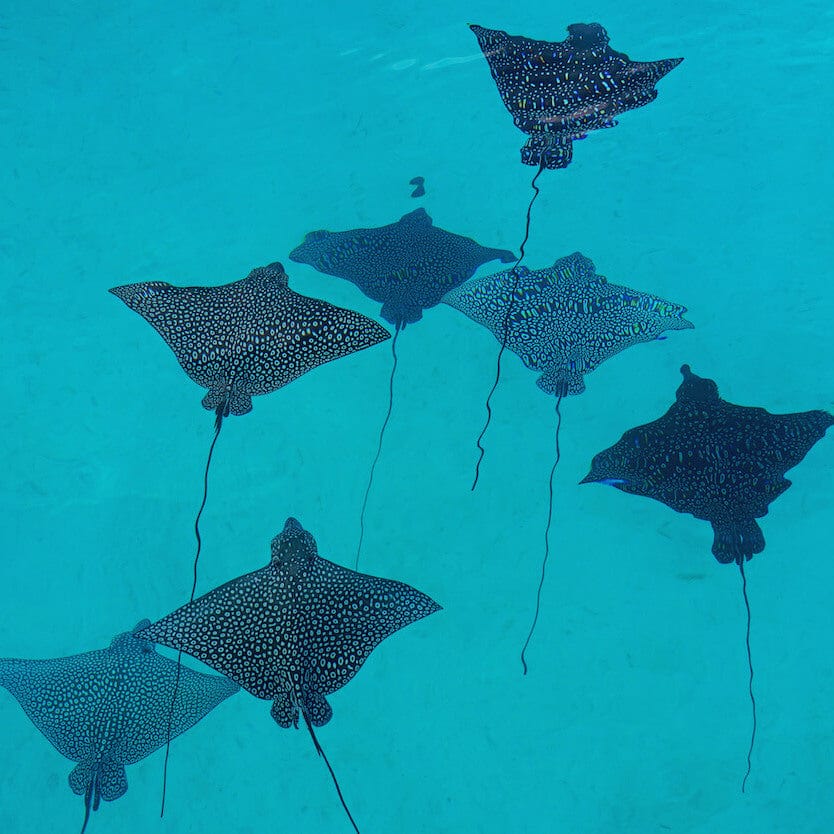
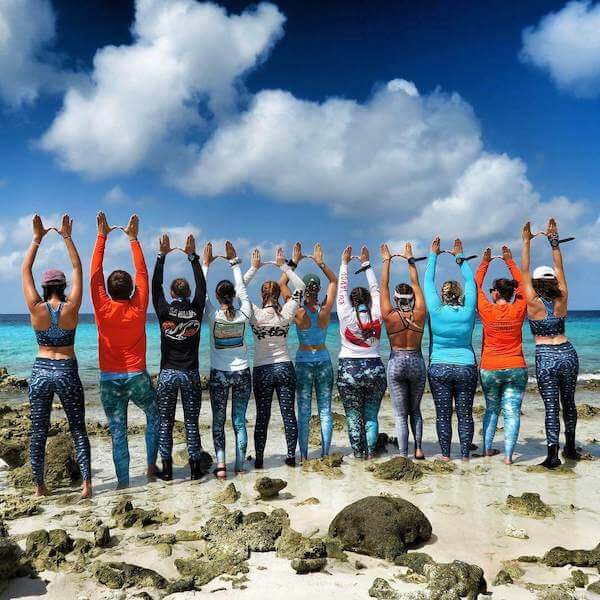
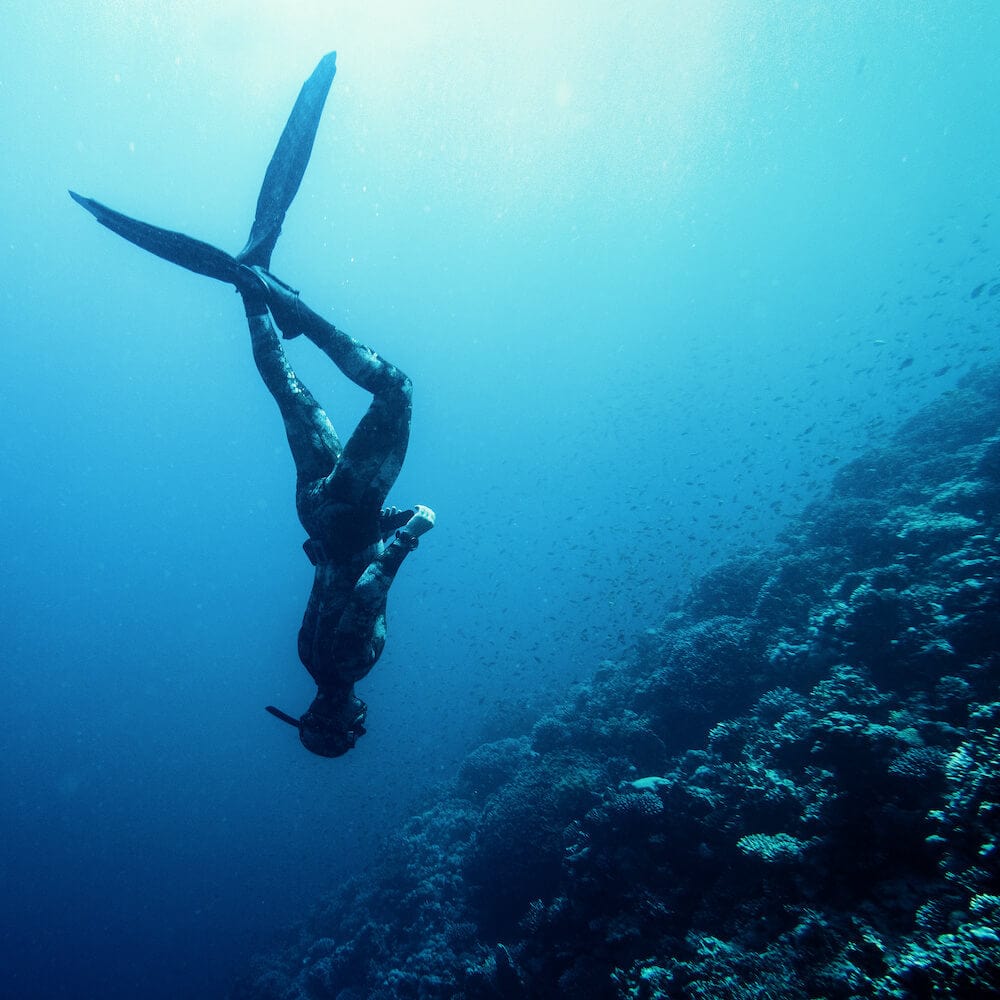
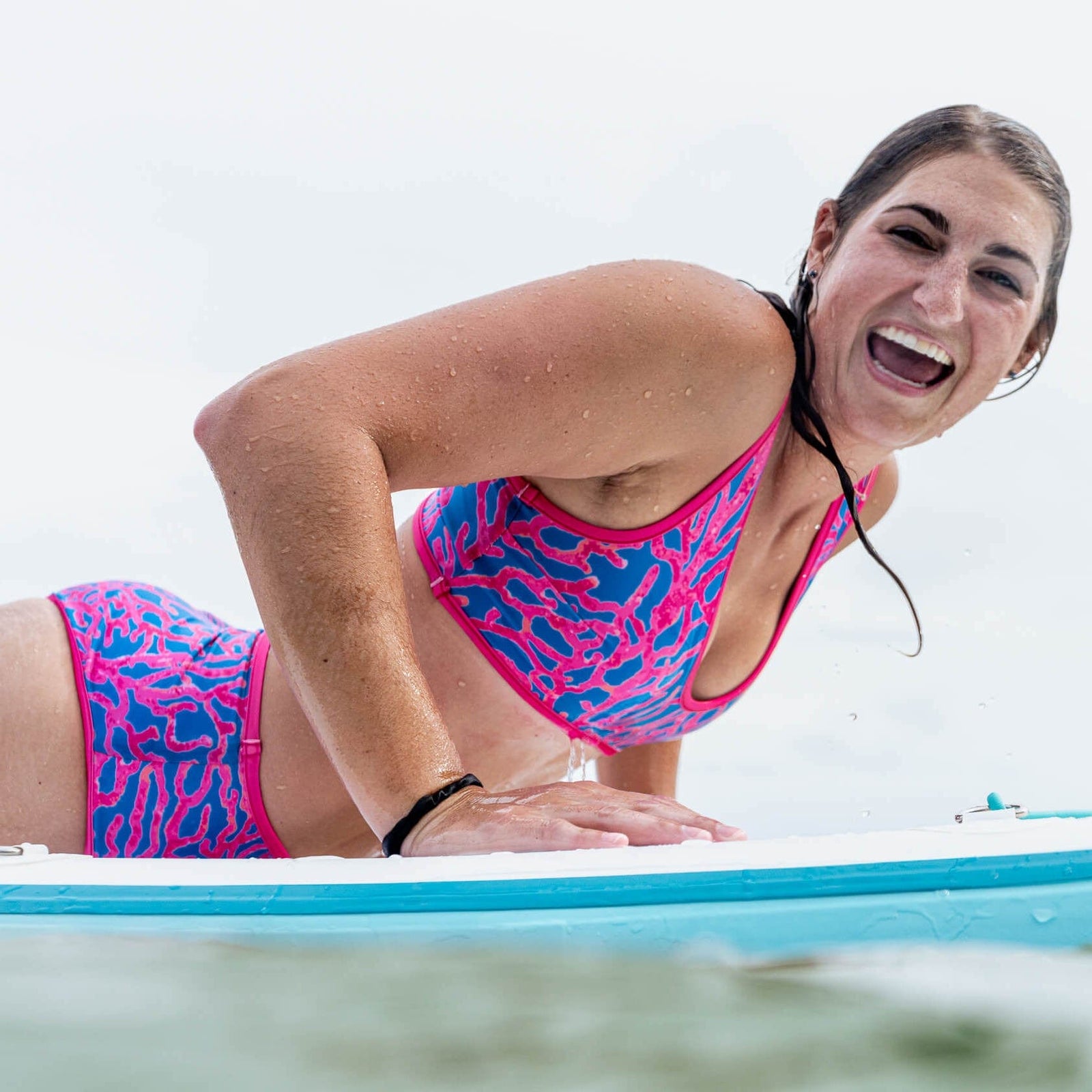
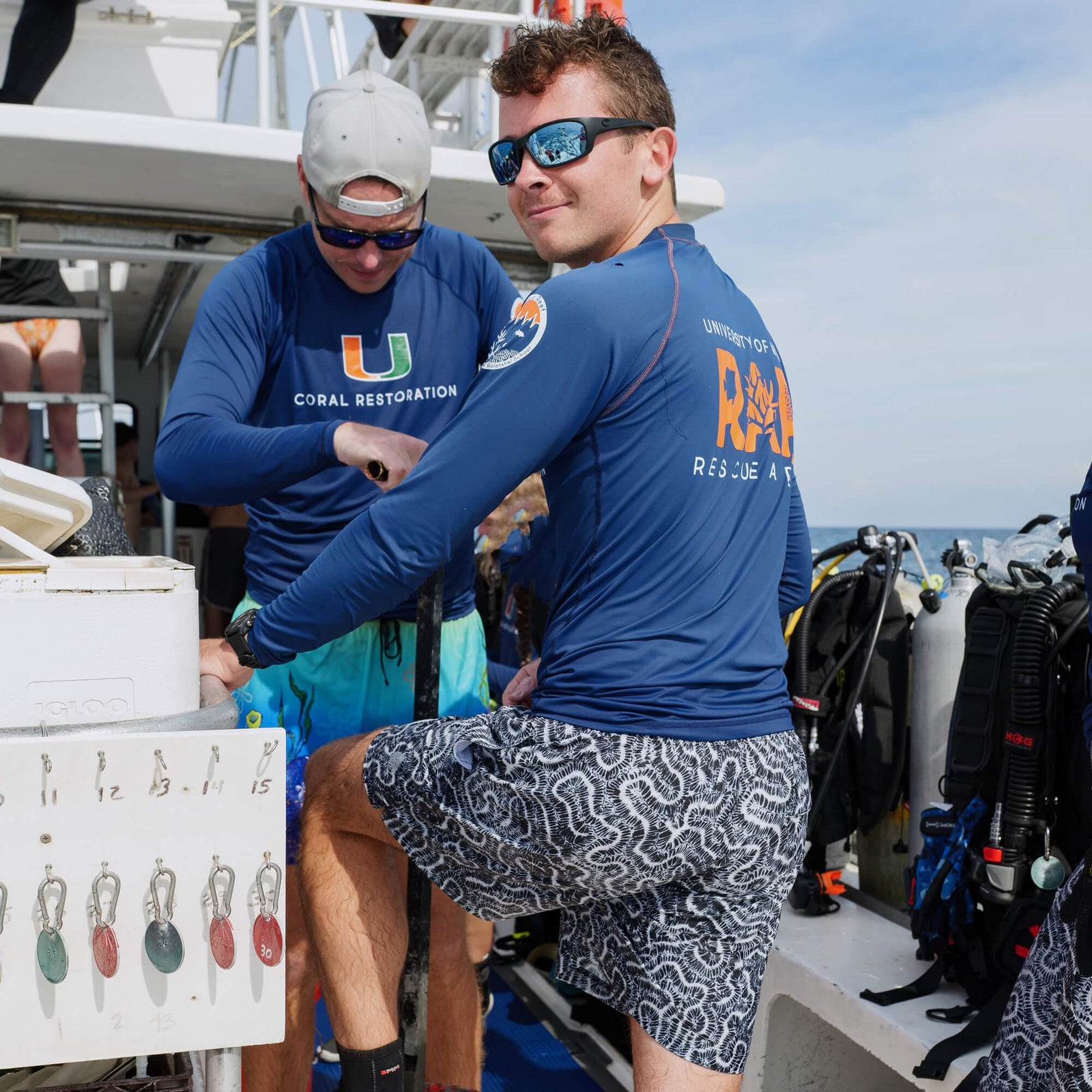
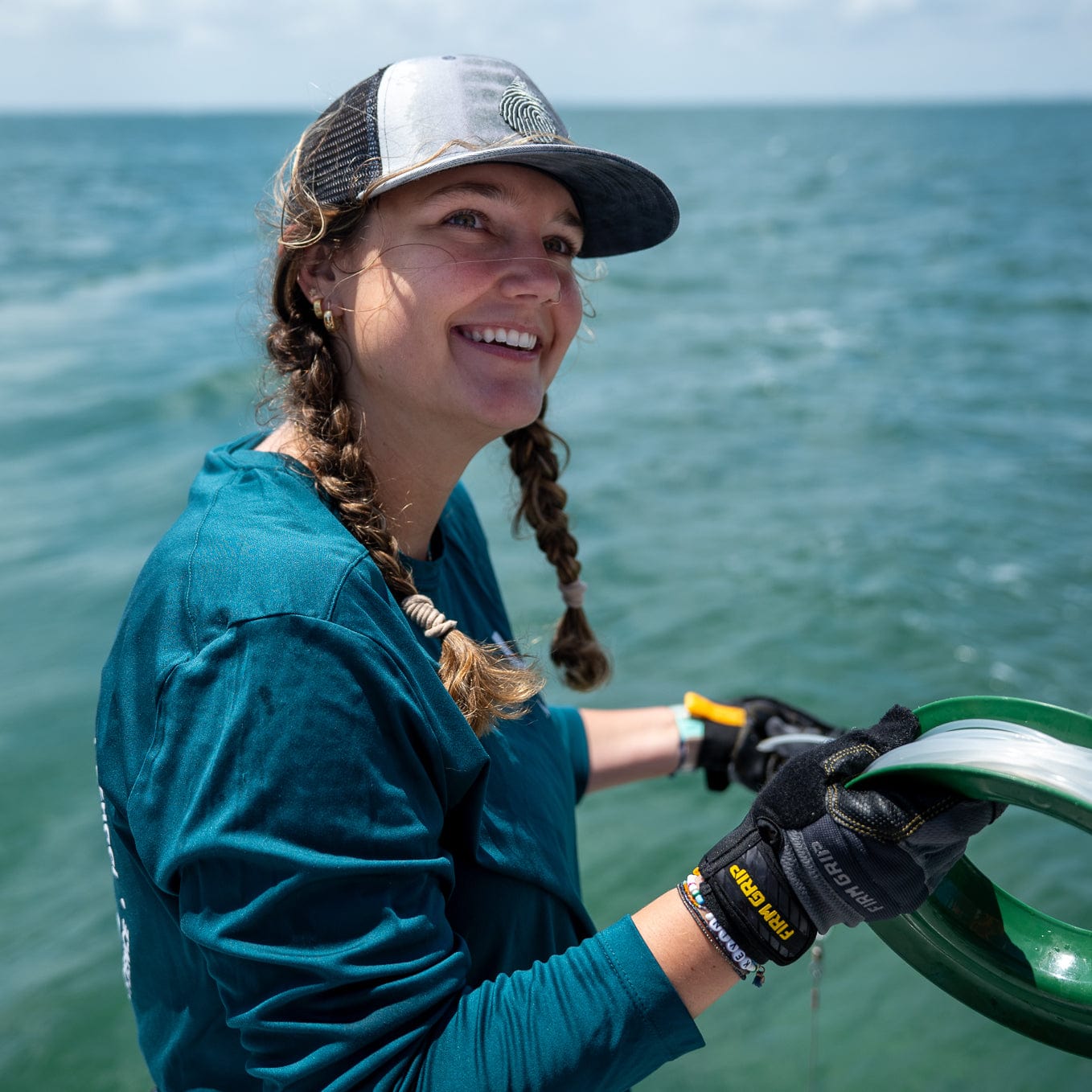

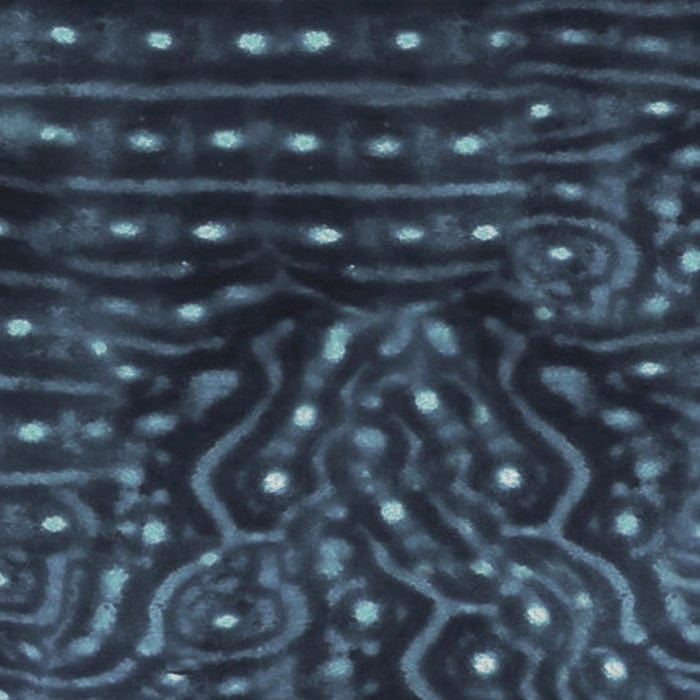

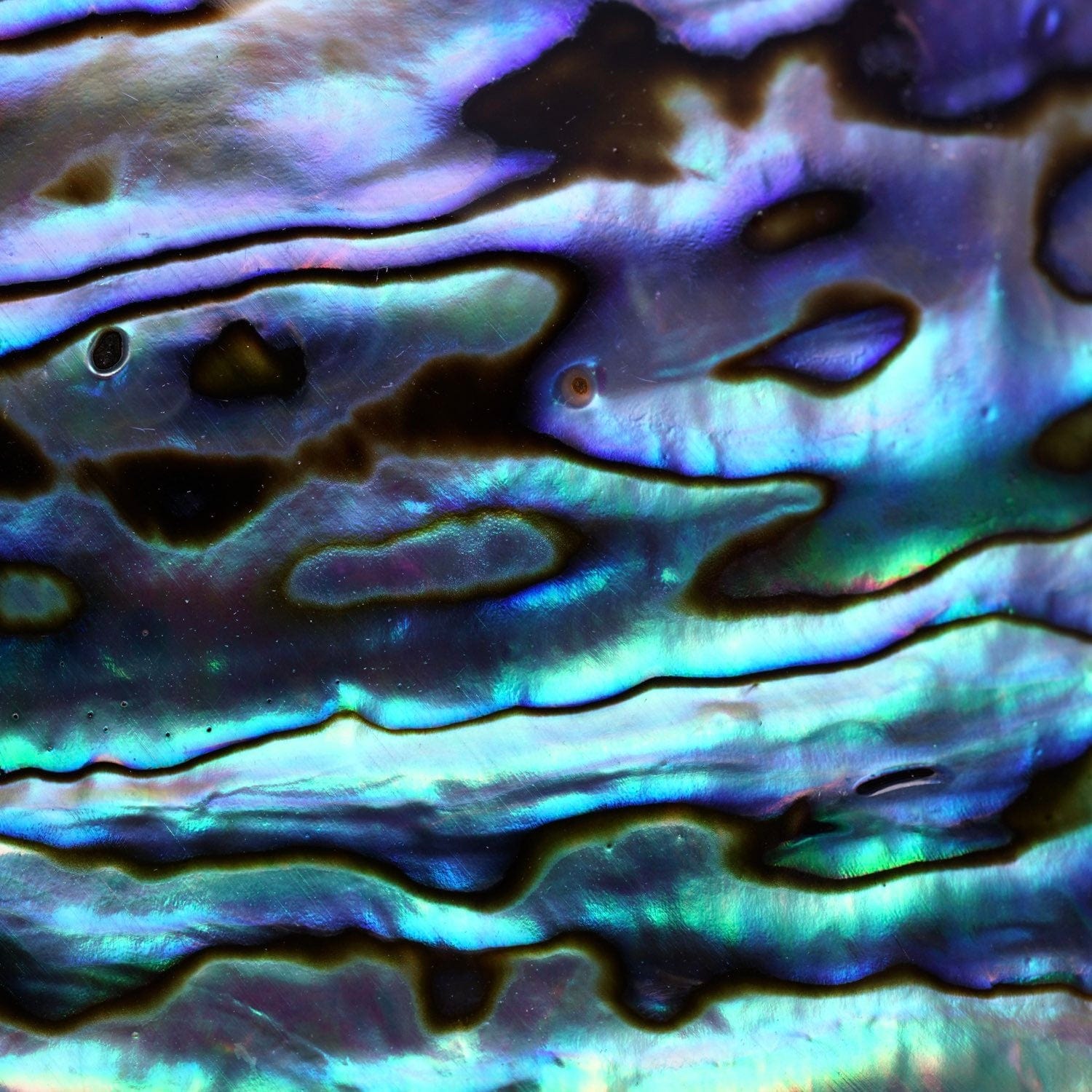

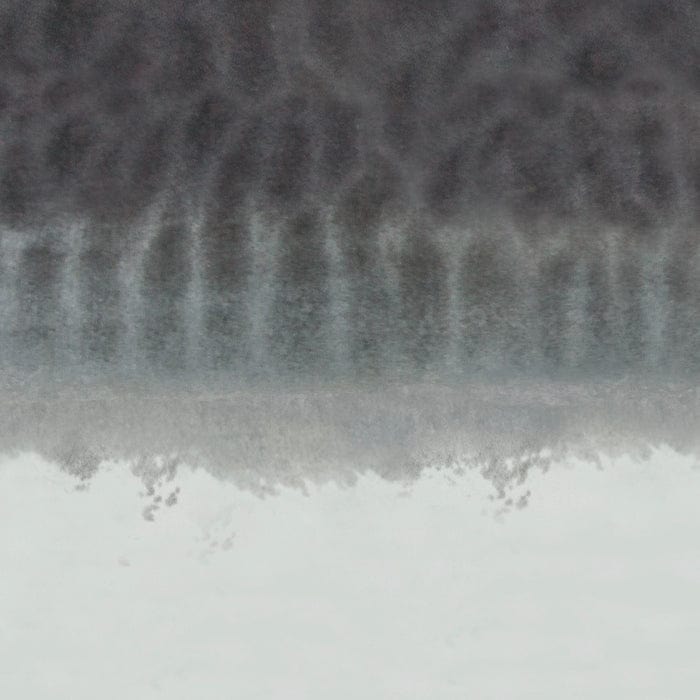
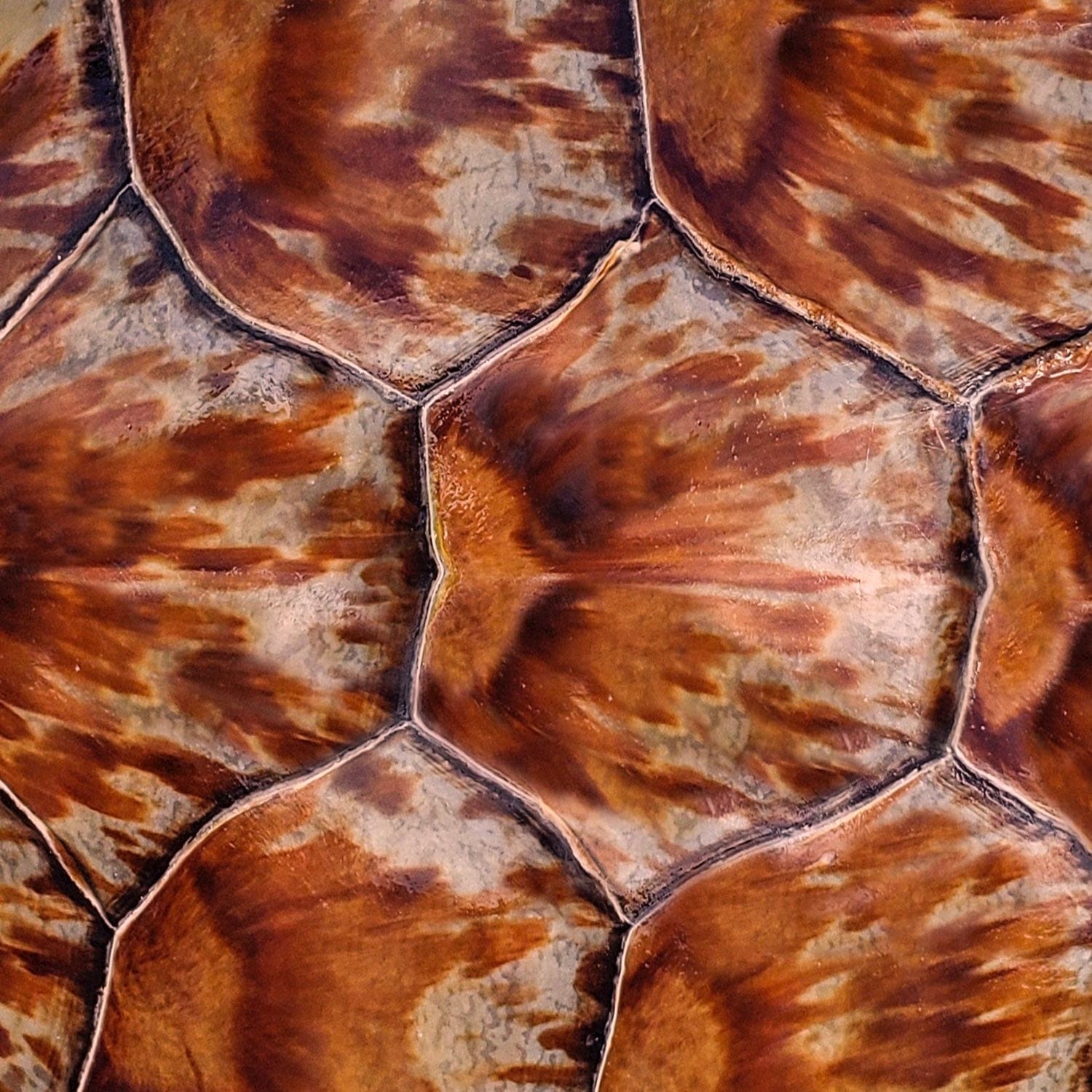
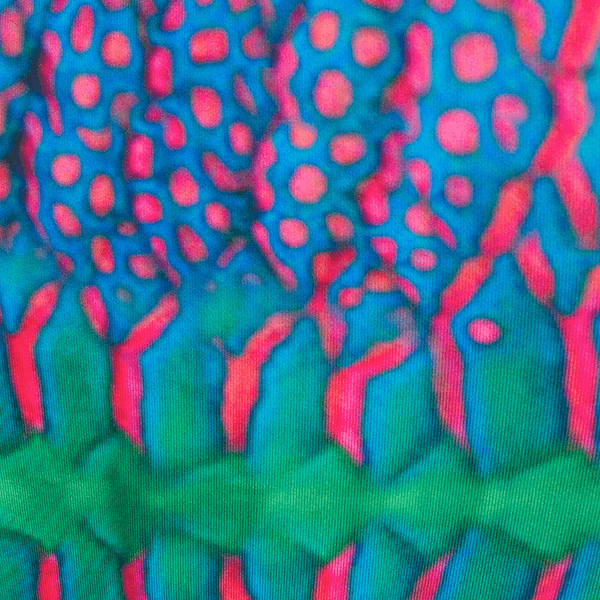
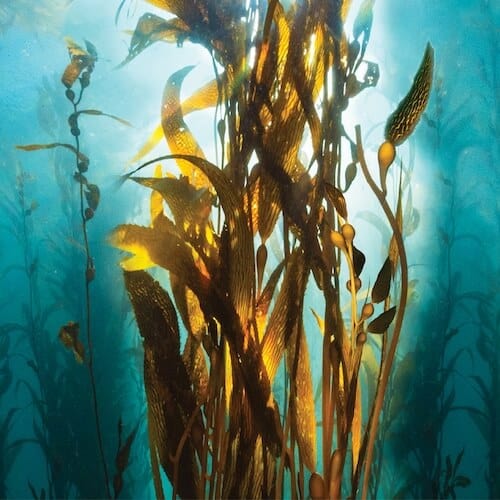
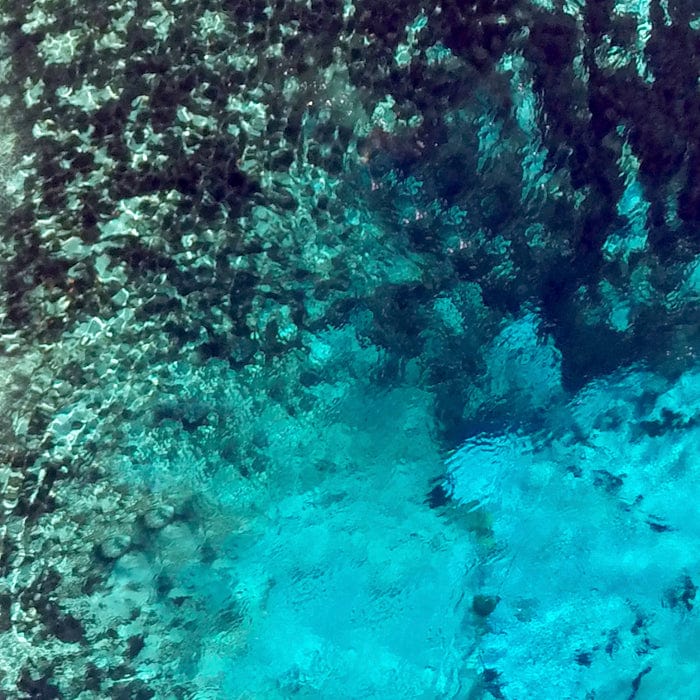
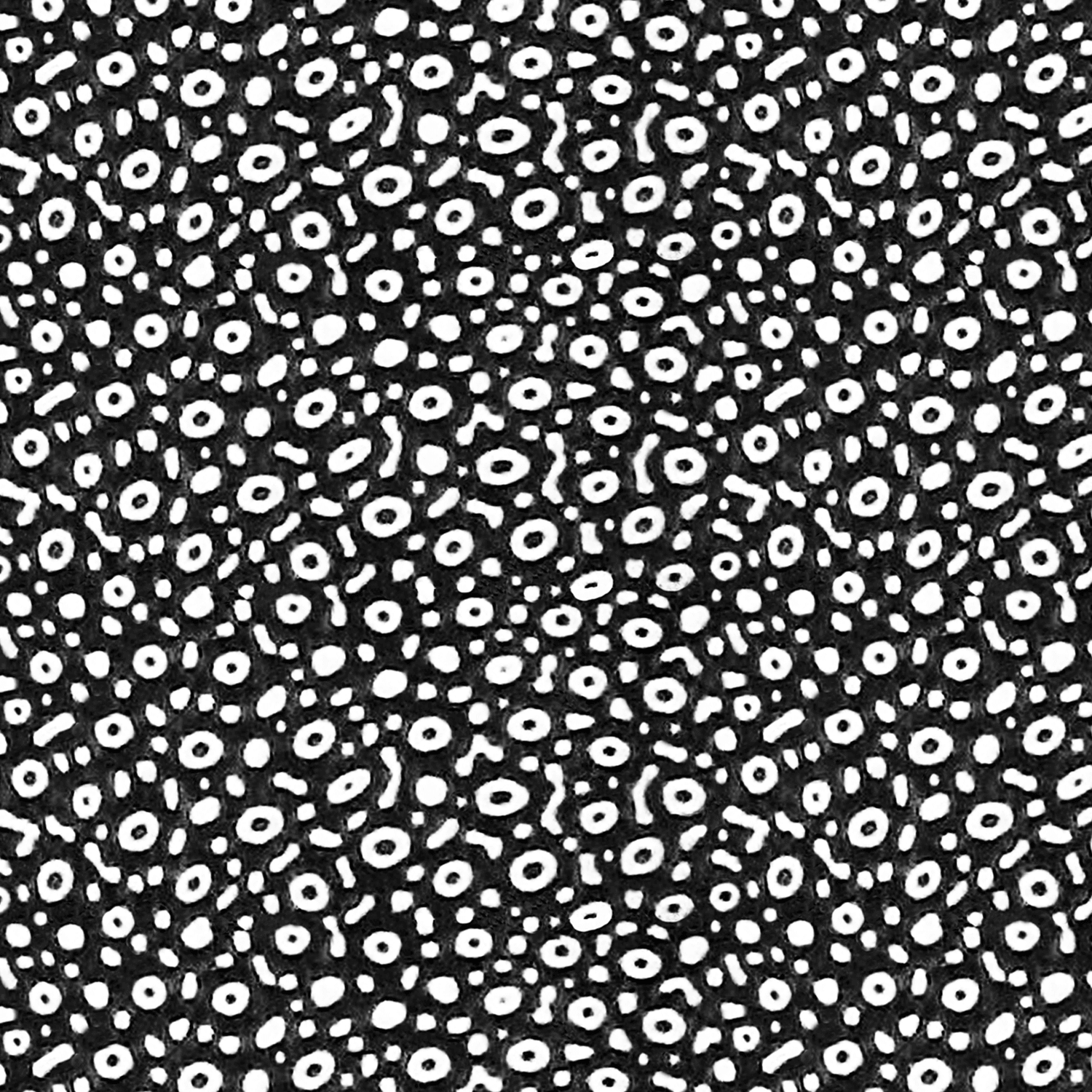
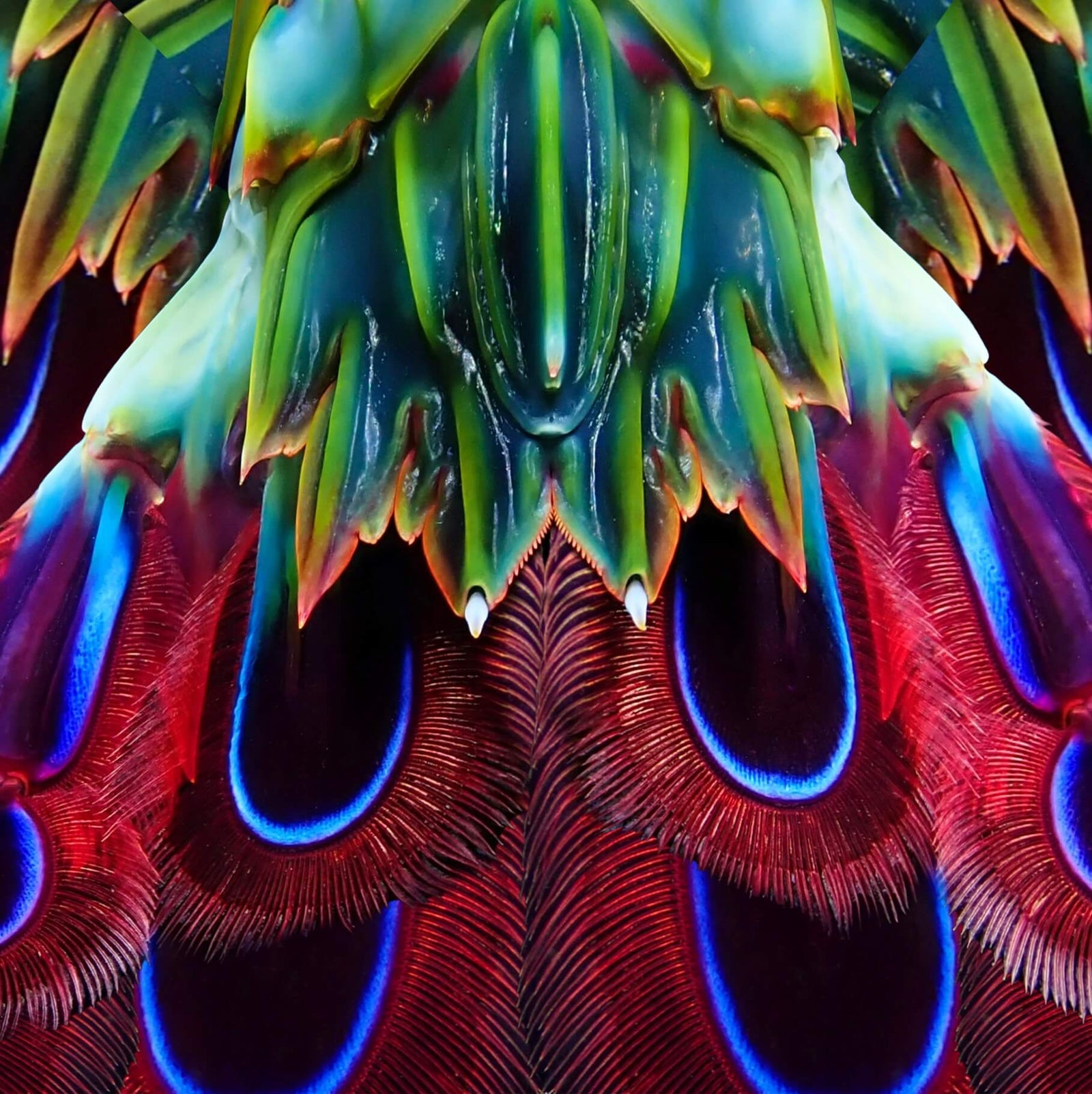

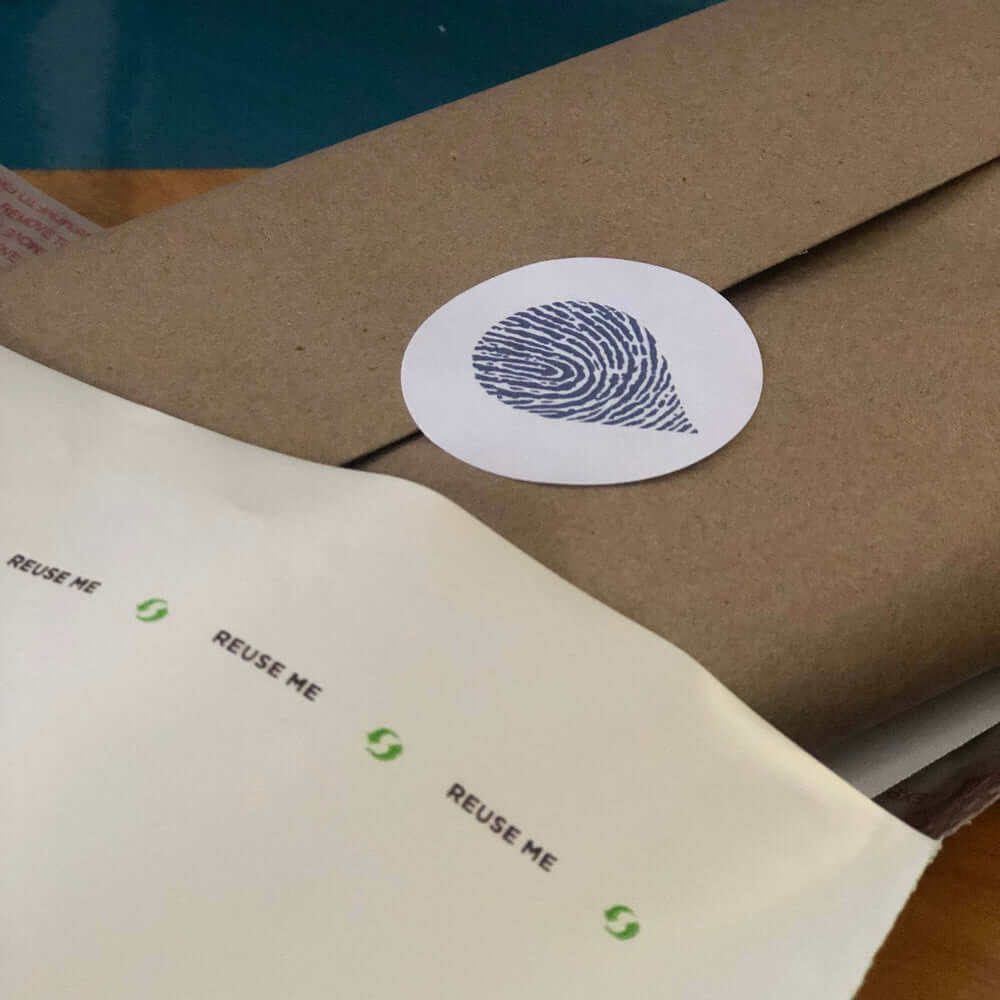
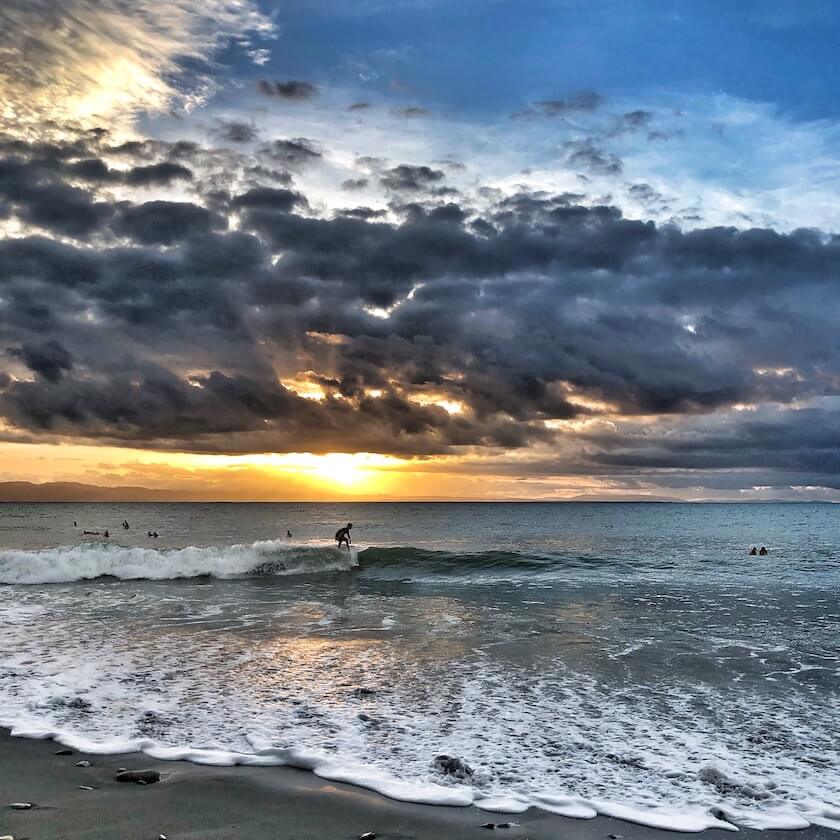
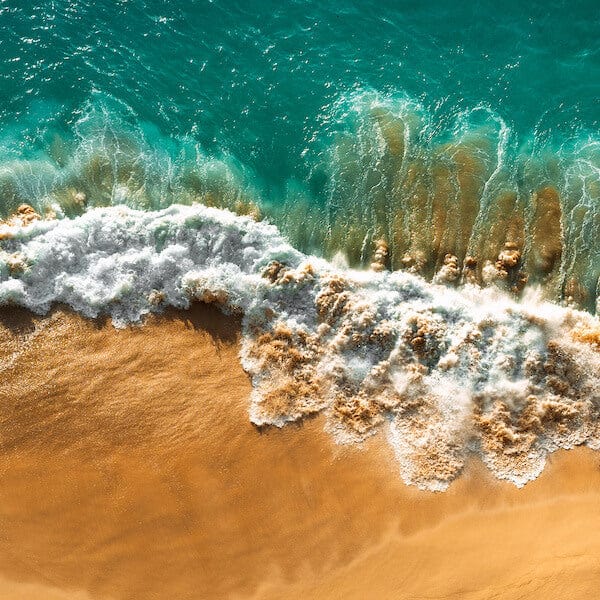
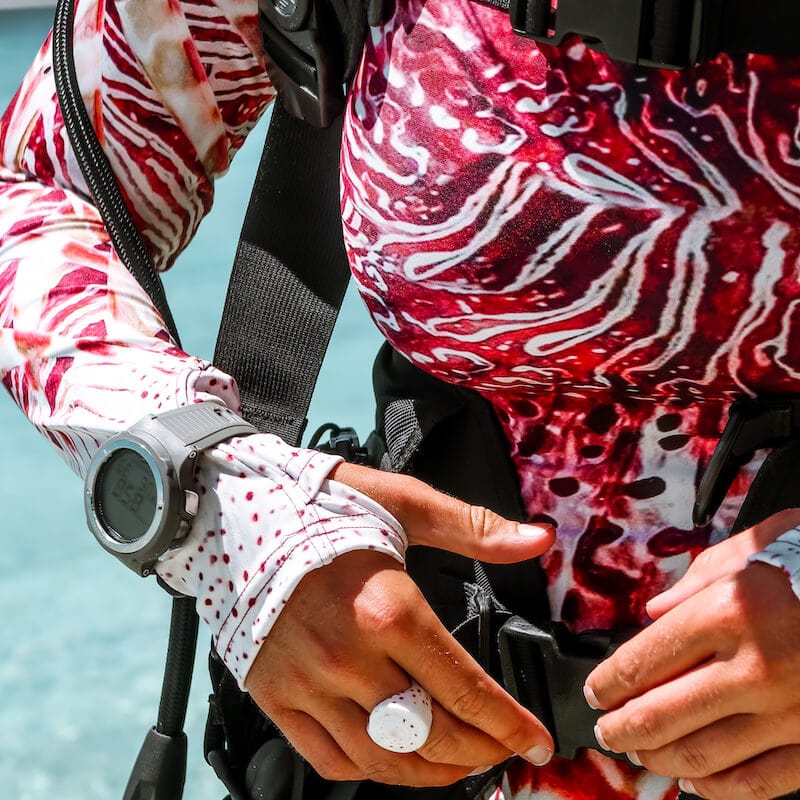
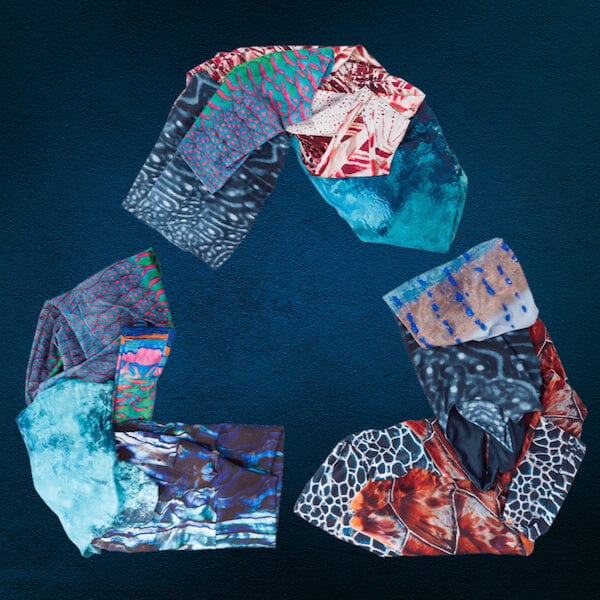
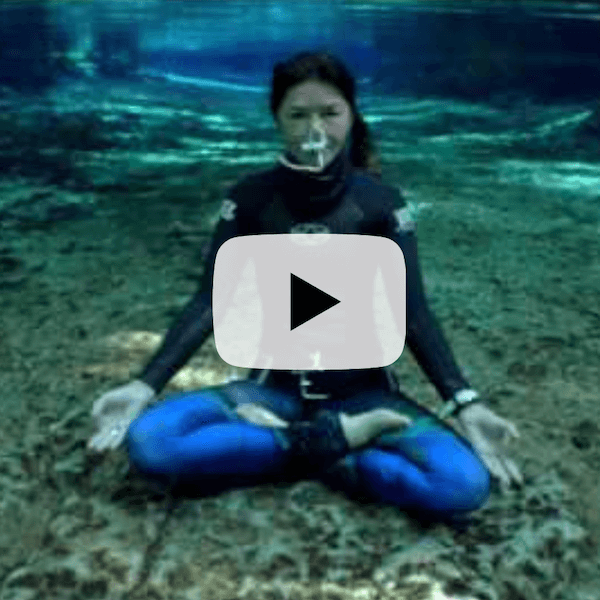
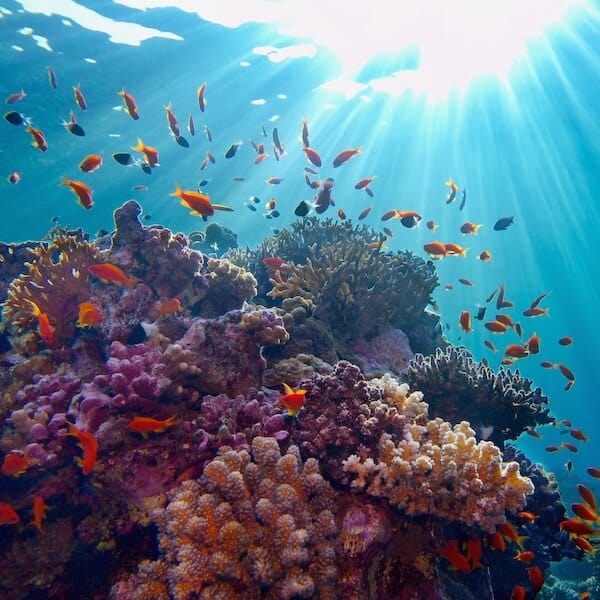
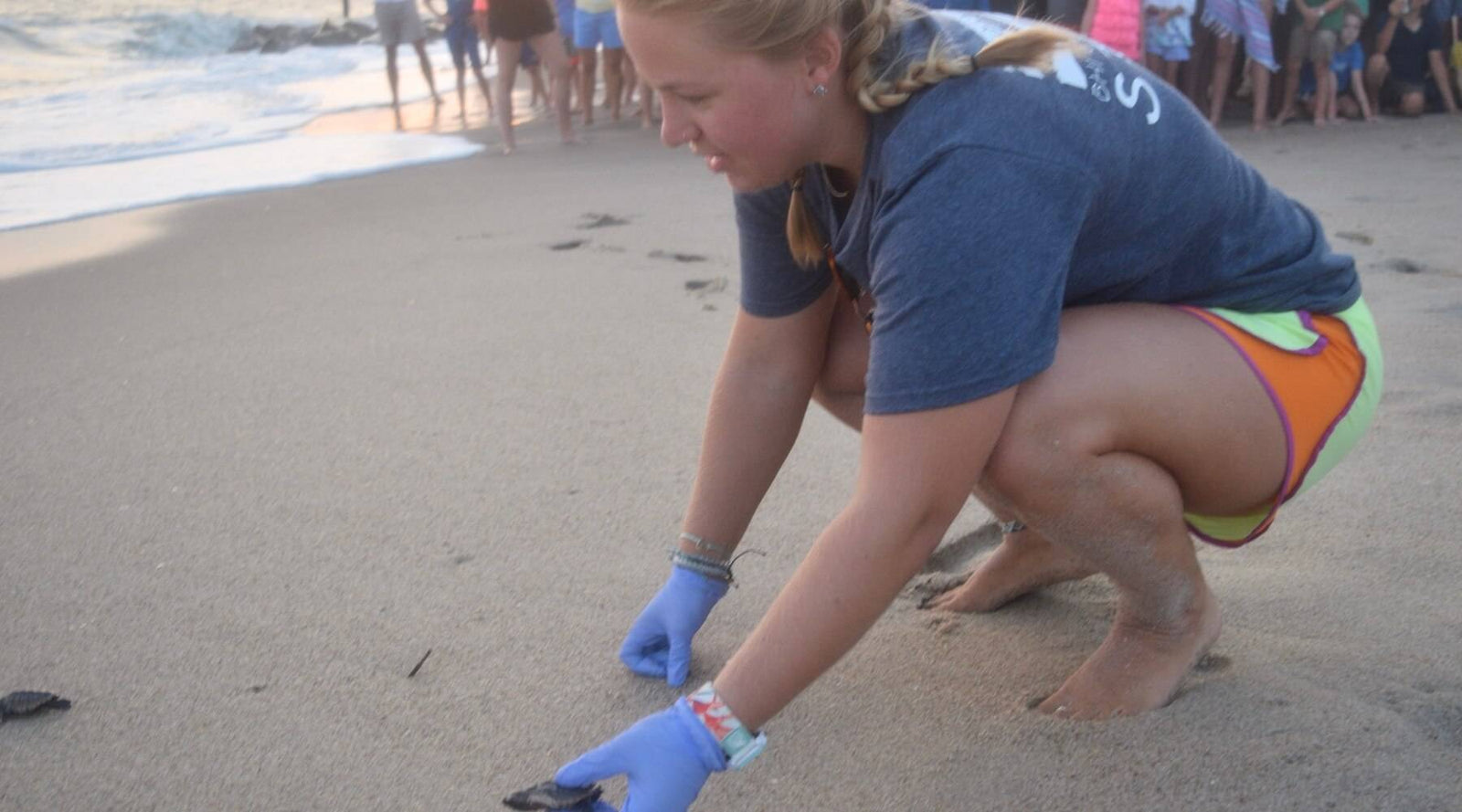
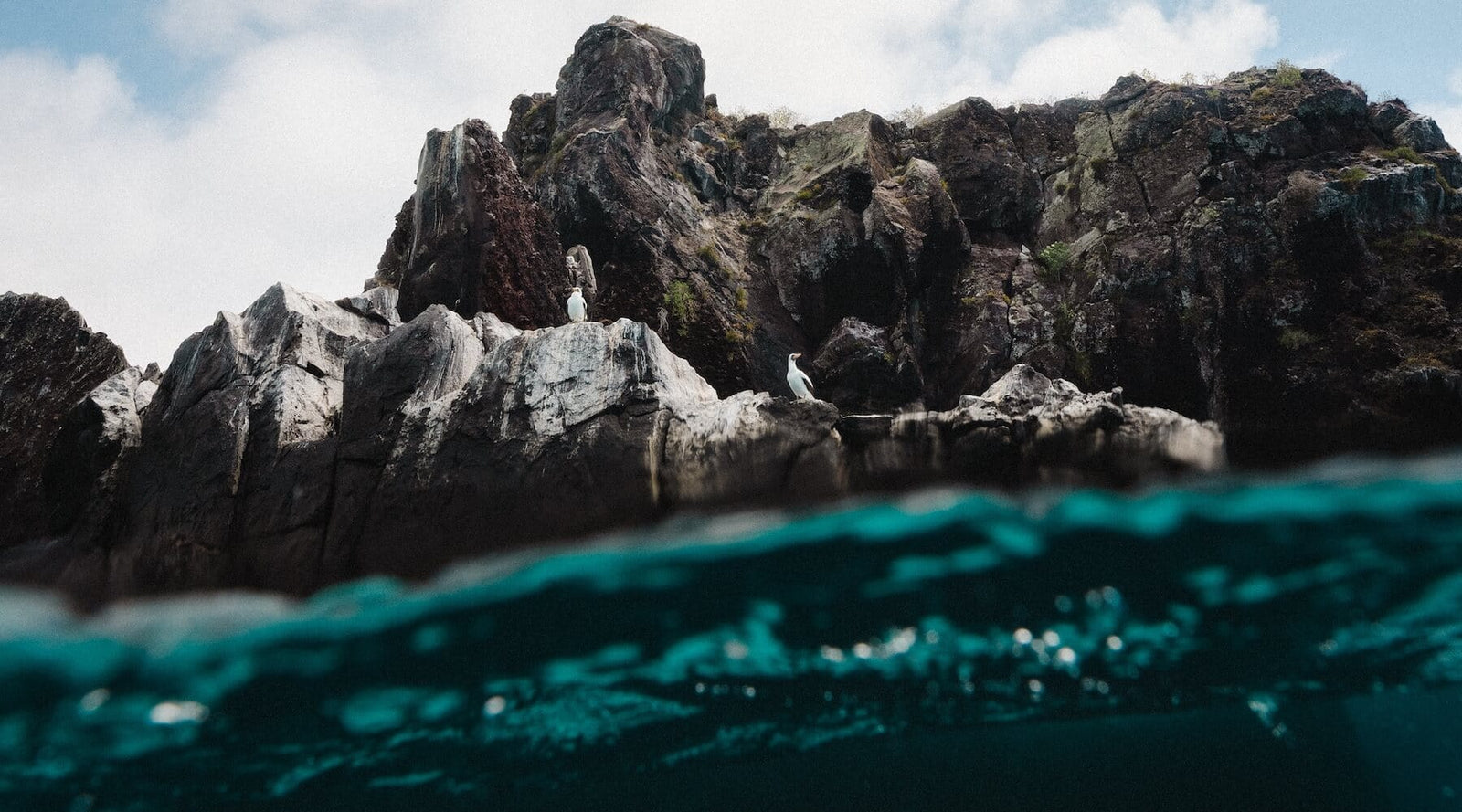
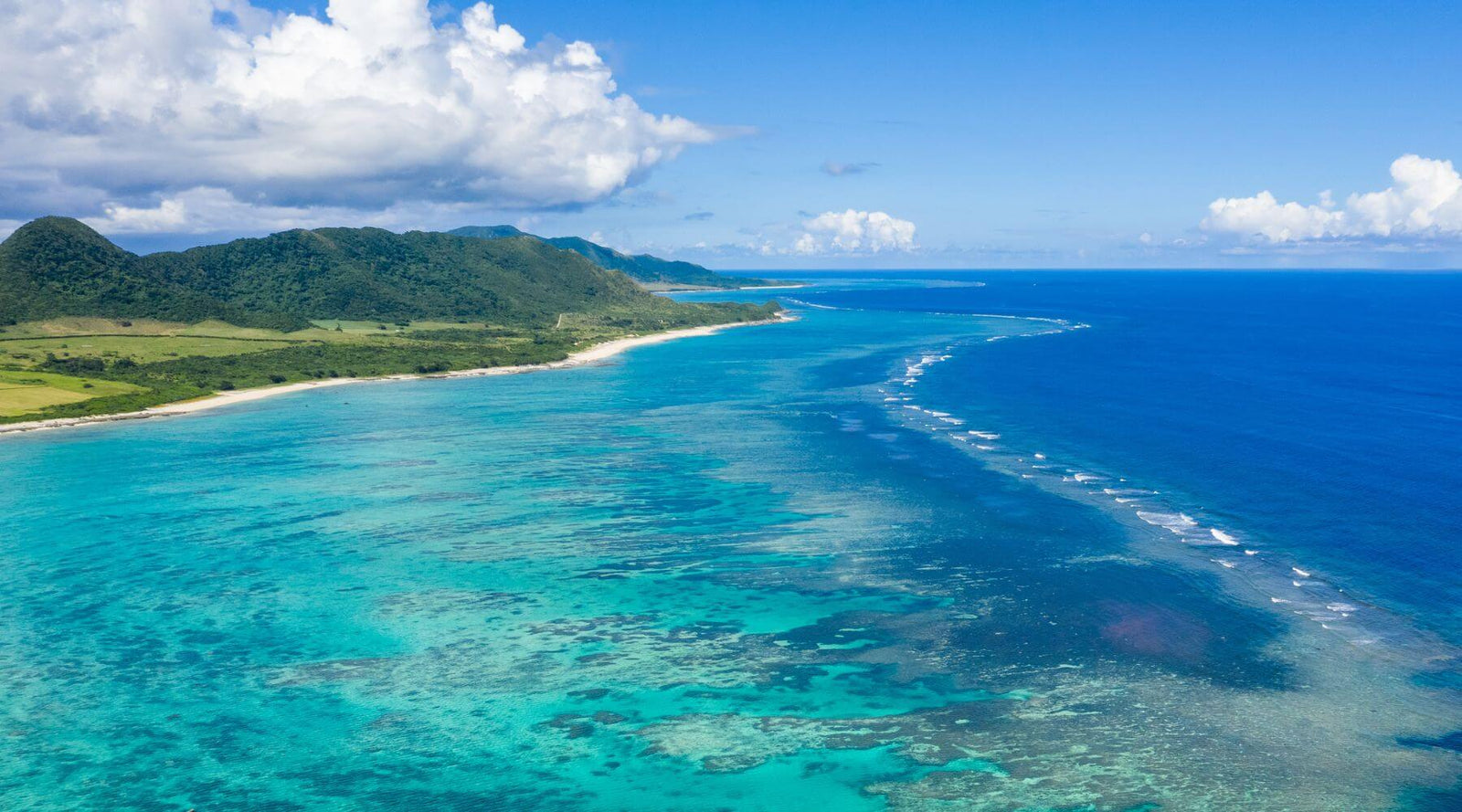
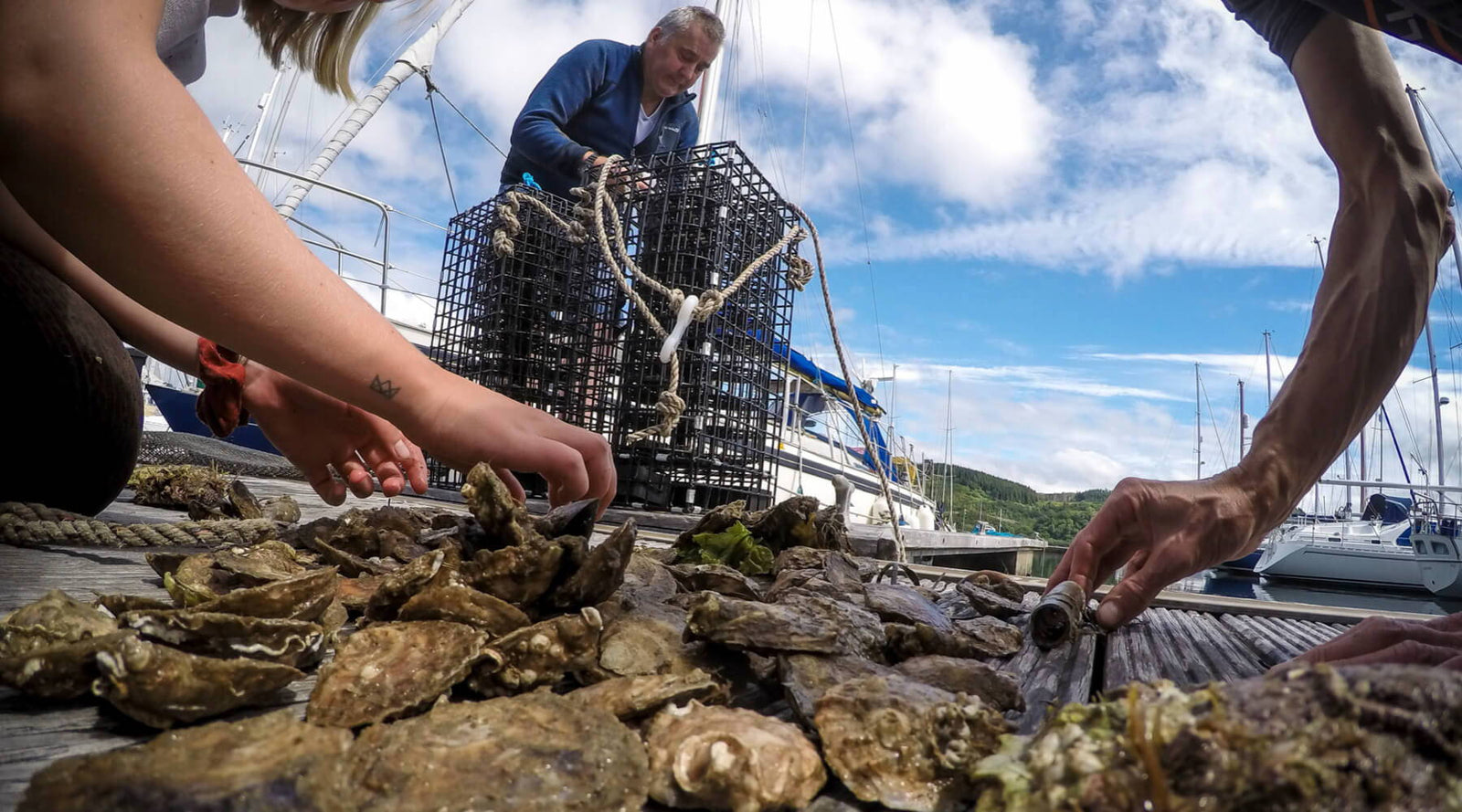
Leave a comment (all fields required)